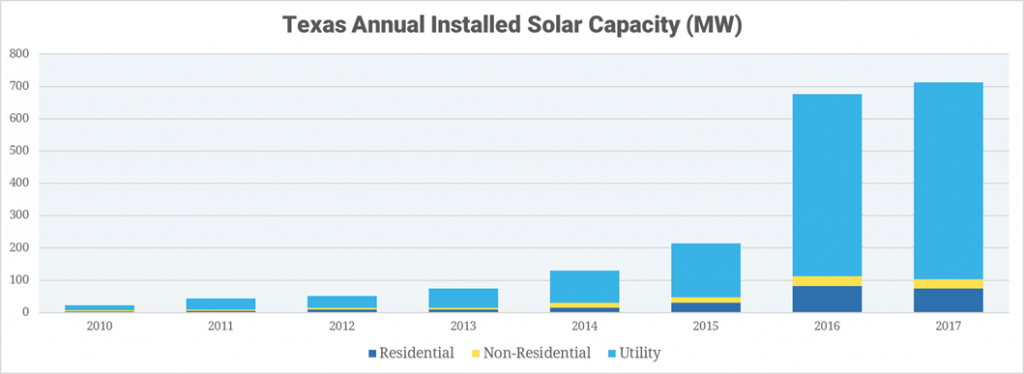Some laboratory prototypes have reached efficiency values over 40 but they are still very expensive and not viable for commercial use.
Average solar panel efficiency 2017.
The theoretical maximum efficiency of silicon solar cells is 29 according to the institute of electrical and electronics engineers ieee.
Typical solar panel efficiency ranges from 15 to 20 and the most efficient solar panels commercially availableare slightly above 22.
The average efficiency of solar panels falls between the 17 to 19 percent efficiency range.
One reason for this the extra bits that are needed to be added on when converting cells to a panels.
Due to the many recent advances in solar cell technology over the last 5 years average panel conversion efficiency has increased from 15 to 20.
Current solar technology only converts electricity with a maximum efficiency of about 25 percent.
Undoped crystalline silicon devices are approaching the theoretical limiting efficiency of 29 43.
The average efficiency of solar panels is typically determined by measuring the amount of energy that individual solar cells are able to convert into usable power.
Florida solar energy center when homeowners ask about efficiency however they usually mean solar panel performance over time.
This large jump in efficiency resulted in the power output of a standard size panel to increase from 250w up to 340w.
For example an average silicon solar cell has an optimal efficiency rating of about 15.
The most efficient solar panels on the market today have efficiency ratings as high as 22 8 whereas the majority of panels range from 15 to 17 efficiency rating.
In simple terms solar panel efficiency can be described as the conversion rate from sunlight to electric power.
We know that during peak sun hours a solar panel should theoretically produce 1 000 w m 2.
The solar panel of the future scientists have developed a solar cell that is capable of converting direct sunlight into electricity with 44 5 percent efficiency making it potentially the most efficient solar cell in the world.
Factors that affect solar panel efficiency solar panels have been consistently increasing in efficiency at about 5 annually since 2010.
In 2017 efficiency of 26 63 was achieved in an amorphous silicon crystalline silicon heterojunction cell that place both positive and negative contacts on the back of the cell.
In 2017 the average electricity consumption of a house in the us was 867kwh per month which is about 28kwh per day.
Sunpower panels are known for being the most efficient solar panel brand available on the market.
But solar panels do not work at 100 efficiency.
First solar for instance has a lab record of 22 1 cd te thin film cells however their panel available in the market is only 16 8 efficiency.

